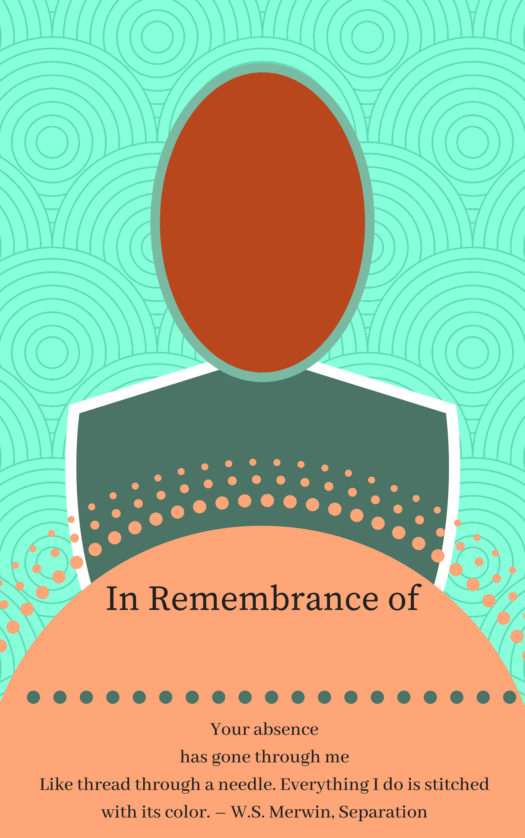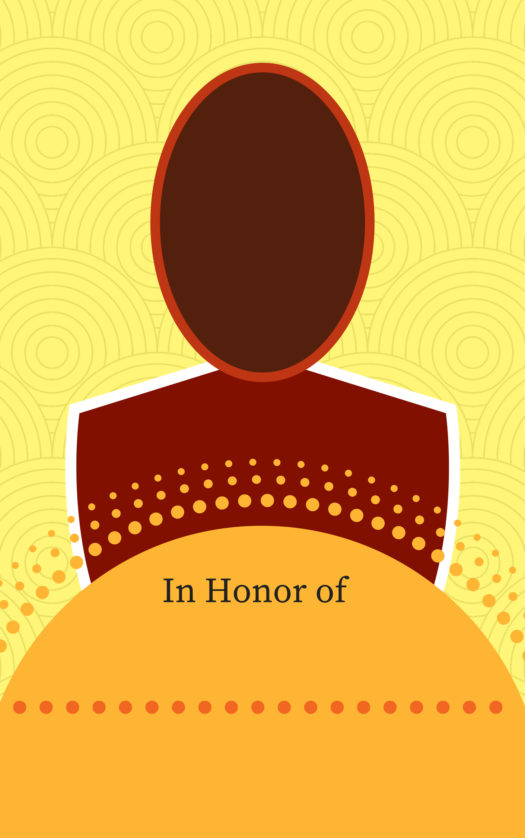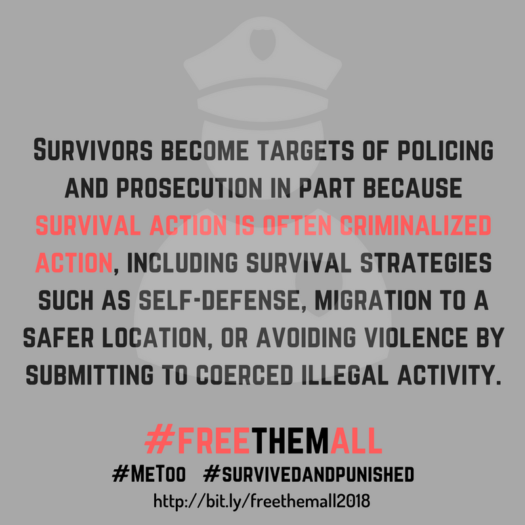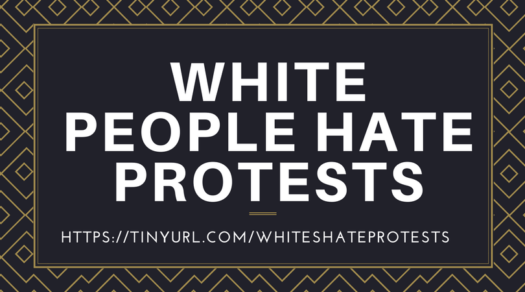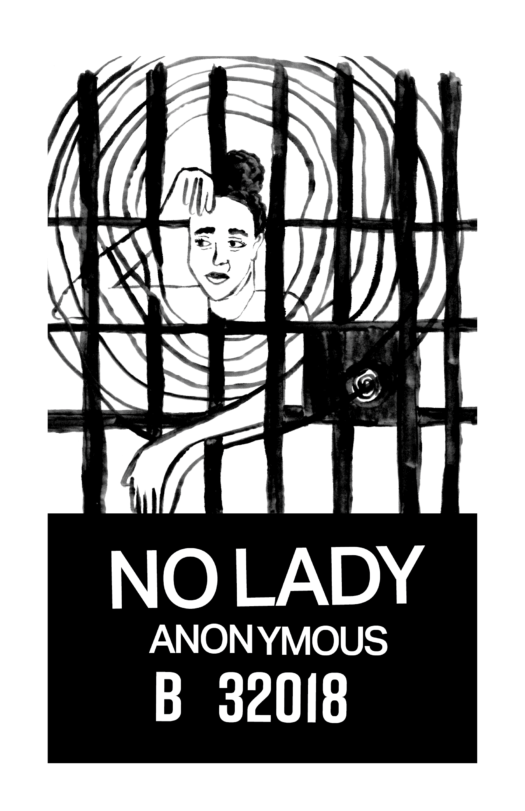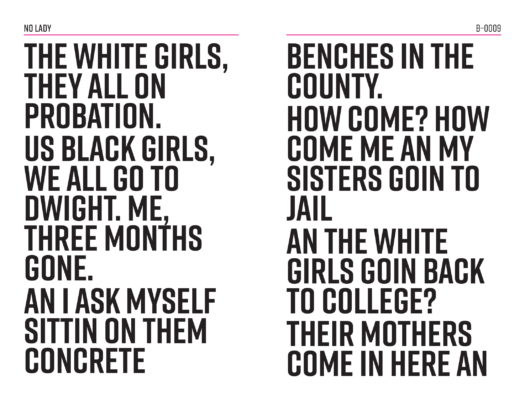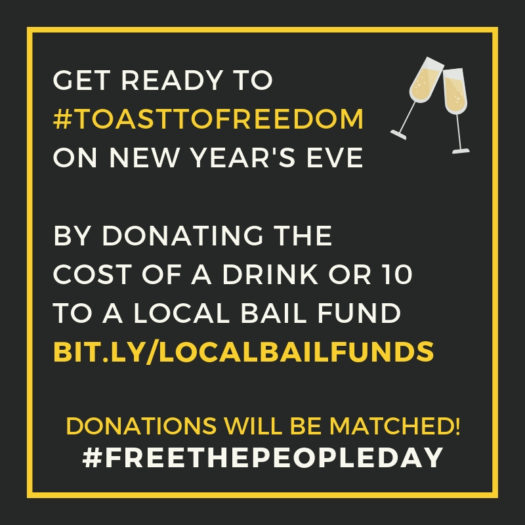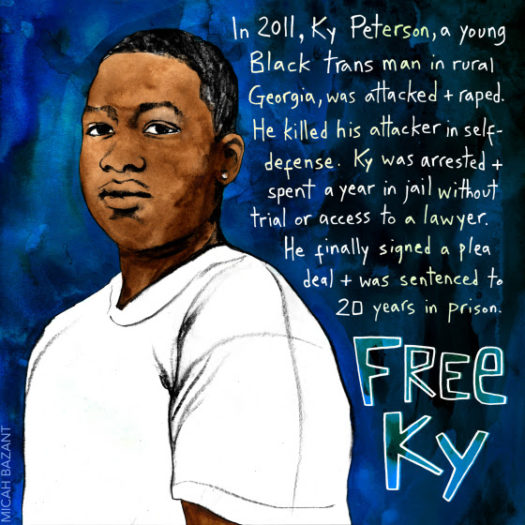A Love Letter to the #NoCopAcademy Organizers from Those of Us on the Freedom side…
You fought hard and the entrenched corrupt interests in Chicago still decided to back an unnecessary and inherently violent police “training” facility to be built on the West Side of the city. How tired you must be feeling after all of these months of struggle. Perhaps some of you are even wondering this evening whether your organizing was worth the time, energy, heart and spirit you devoted to it. After all, the City Council’s vote is one you didn’t want to see happen. You were hoping for a different outcome.
So isn’t this a loss? Didn’t you fail to win? A surface assessment of the campaign would say that the answer is yes. But you have been strategic, thoughtful and critical throughout this campaign so I know you know that surface assessments are not the full story. They are not THE truth. Organizing is mostly about defeats. Often when we engage in a campaign, we lose but any organizer worth their salt knows that it’s much more complex than a simple win-lose calculus.
Here’s what I know… Rahm and his cronies were hoping to ram through a proposal for a $95 million police “training” academy under the cover of darkness with no community input. A group made up mostly of young Black and brown people decided that this was wrong for a number of reasons. You then spent the better part of 18 months SHOWING people in Chicago and beyond through your actions that the power structure in the city would be in for a titanic fight to resist their plans. How did you do this? You researched their plans and proposals, you learned about zoning laws on the fly, you litigated when you were excluded from public meetings, you mobilized thousands, you engaged in political education, you developed the leadership of hundreds of new young organizers, you truly centered the ideas of young people of color, you conducted participatory action research, and you SHUT SHIT DOWN. Through your actions, people quite literally the world over expressed their solidarity with your fight. They saw themselves as directly implicated in the vision of the world you have so beautifully inhabited all these months. All of these are wins.
Even if I didn’t know many of you personally, I would be in awe of what you did. But because I know many of you, I feel even more admiration because I know what you’ve sacrificed to wage this fight. I know about long strategy sessions, missed weekend relaxation, moments of doubt, and most of all consistent commitment.
#NoCopAcademy is an abolitionist organizing campaign and through your work, you’ve helped others understand what it means when we say that abolition is a practical organizing strategy. You told a story about policing as an inherently violent and death-making institution that WILL NOT be “reformed” by training cops “better” or in fancier digs. You pointed out all of the resources that this cop academy will swallow up and told the city that those resources should be diverted to life-giving institutions. You asked the right questions like: “Why are we feeding an institution that leads to the premature death of so many Black and brown people (especially young ones)?” The responses that you got were inadequate. Your opponents were exposed as uninformed, corrupt and craven. You embodied #NoCopAcademy organizer Benji Hart’s analysis of abolition as a way “to transform our reactions to individual traumatic events into codified political commitments.” You showed that abolition as a project is about building a vision of a different world: one where everyone has their needs met and where #BlackLivesMatter.
There are people and perhaps some of you are among them who are asking “what now?” For the core organizers of this campaign, there’s time to come to your answer(s). The question should not be directed at you it should be directed to the rest of us. Now that you witnessed and perhaps supported this campaign from afar, what will you do now? What are the lessons from #NoCopAcademy that can be applied to your communities? How will you show up the next time your municipality tries to ram through a proposal without community input under cover of darkness? Will you boldly say no in the same way that #NoCopAcademy did? Will you organize your communities to fight? Will you refuse the apathy that overwhelms the need for more of us to be engaged in struggle?
For myself, I say thank you to the #NoCopAcademy organizers. You have sustained my hope. I choose to emphasize the fact that you fought as a win because what we choose to emphasize determines our lives. Your protest, your refusal to be run over, your local actions added to those of others the world over will slowly tilt this world towards more justice. People will share the story of this campaign and be inspired by it to launch their own.
I leave you with an excerpt from one of my favorite poems “the New York Poem” by Sam Hamill:
… a mute sadness settles in,
like dust, for the long, long haul. But if
I do not get up and sing,
If I do not get up and dance again,
the savages will win…
After you have time to rest, I hope that you will get up and sing and also dance. We will be here, right by your side, singing and dancing too. The savages will NOT win…
My love to you all.
